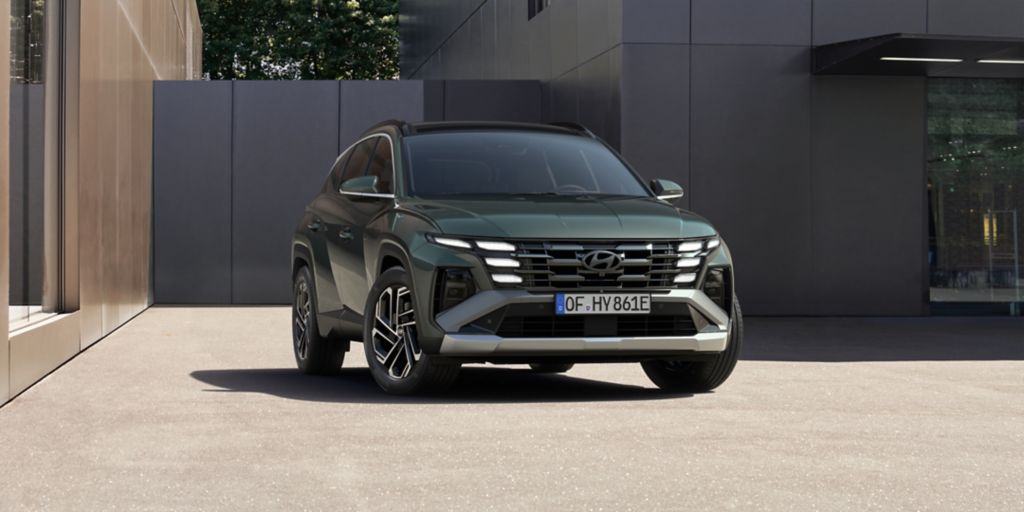Korean automakers posted record-breaking sales in the U.S. during the first half of 2024, despite concerns over potential tariff hikes. According to sales reports released on July 1, the three major brands—Hyundai, Kia, and Genesis—sold a combined 893,152 vehicles, a 9% increase from the same period last year.

All three brands set new first-half sales records, with Hyundai and Genesis also achieving monthly sales milestones.
SUVs with internal combustion engines were the main drivers of growth.
Hyundai sold 439,280 units in the first half, a 10% increase from a year earlier. The Tucson was the brand’s top seller, moving 113,310 units, up 23% year-over-year.
In the second quarter, Hyundai sold 235,726 vehicles, up 10% from the same period last year. In June, sales reached 69,702 units, a 3% increase from June 2023.
Kia posted first-half sales of 416,511 units, up 8% year-over-year. Its best-selling model was the Sportage, with 87,172 units sold, a 9% increase compared to the same period last year.
Kia’s second-quarter total reached 217,661 units, a 5% rise from 2023, but its June sales slipped 3% to 63,849 units.
Genesis, the luxury brand, recorded 37,361 vehicles sold in the first half, up 17% from last year. The GV70 SUV led the brand’s sales with 14,983 units, marking a 45% year-over-year jump.
In the second quarter, Genesis sold 19,853 vehicles, a 16% increase, while June sales totaled 6,823 units, up 21% from the previous year.
However, all three brands reported stagnant or declining electric vehicle (EV) sales, reflecting a slowdown in that market segment. Industry analysts cite infrastructure limitations and reduced tax incentives as contributing factors.
An industry official commented, “Adapting to policy changes while maintaining a strong internal combustion engine lineup will remain a practical strategy for now.”
Looking ahead, some experts warn that the strong first-half sales may not continue into the second half. They noted that recent “panic buying” driven by tariff concerns may fade, potentially leading to weaker demand later in the year.
BY HOONSIK WOO [woo.hoonsik@koreadaily.com]

![“LA’s homelessness policy is broken” Katy Yaroslavsky, a Los Angeles City Council member (center), speaks about addressing homelessness and strengthening public safety at a press conference on January 29. [Kyeongjun Kim, The Korea Daily]](https://www.koreadailyus.com/wp-content/uploads/2026/01/0130-Yaroslavsky-100x70.jpg)

![Los Angeles unveils time capsule buried 100 years ago Materials from the time capsule are now on display in the lobby of the Los Angeles Central Library. [Sangjin Kim, The Korea Daily]](https://www.koreadailyus.com/wp-content/uploads/2026/01/0130-timecapsule-1-100x70.jpg)